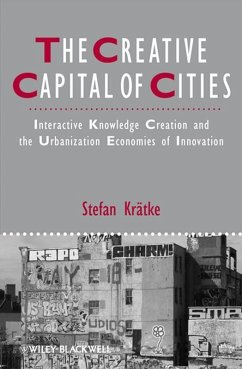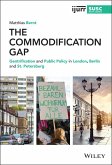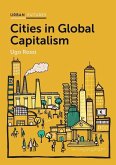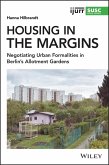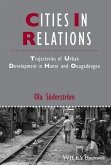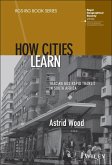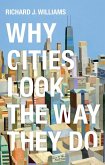This book challenges the new urban growth concepts of the creative class and creative industries from a critical urban theory perspective. * Critiques Richard Florida's popular books about cities and the creative class * Presents an alternative approach based on analyses of empirical research data concerning the German urban system and the case study regions, Hanover and Berlin * Underscores that the culture industry takes a leading role in conforming with neoliberal conceptions of labor markets
Dieser Download kann aus rechtlichen Gründen nur mit Rechnungsadresse in A, B, BG, CY, CZ, D, DK, EW, E, FIN, F, GR, HR, H, IRL, I, LT, L, LR, M, NL, PL, P, R, S, SLO, SK ausgeliefert werden.

